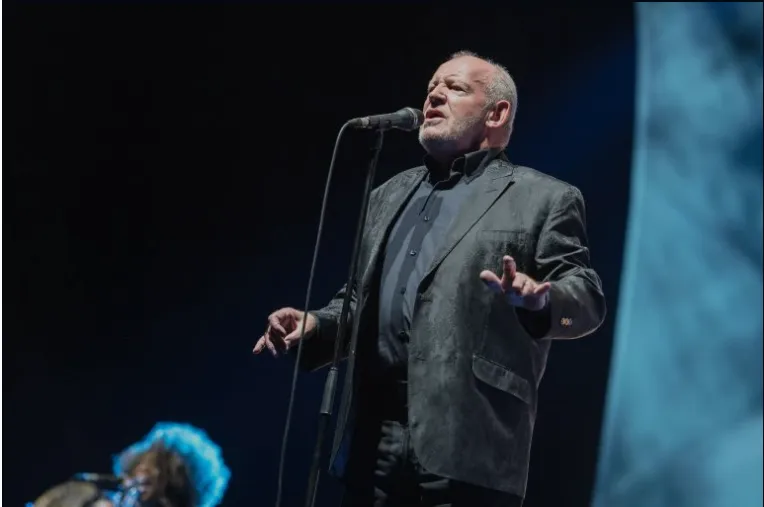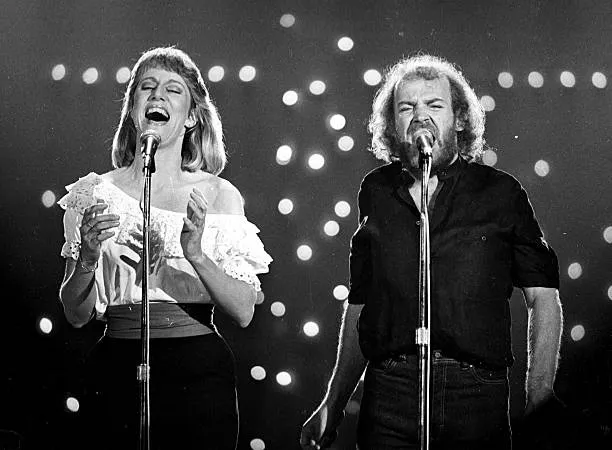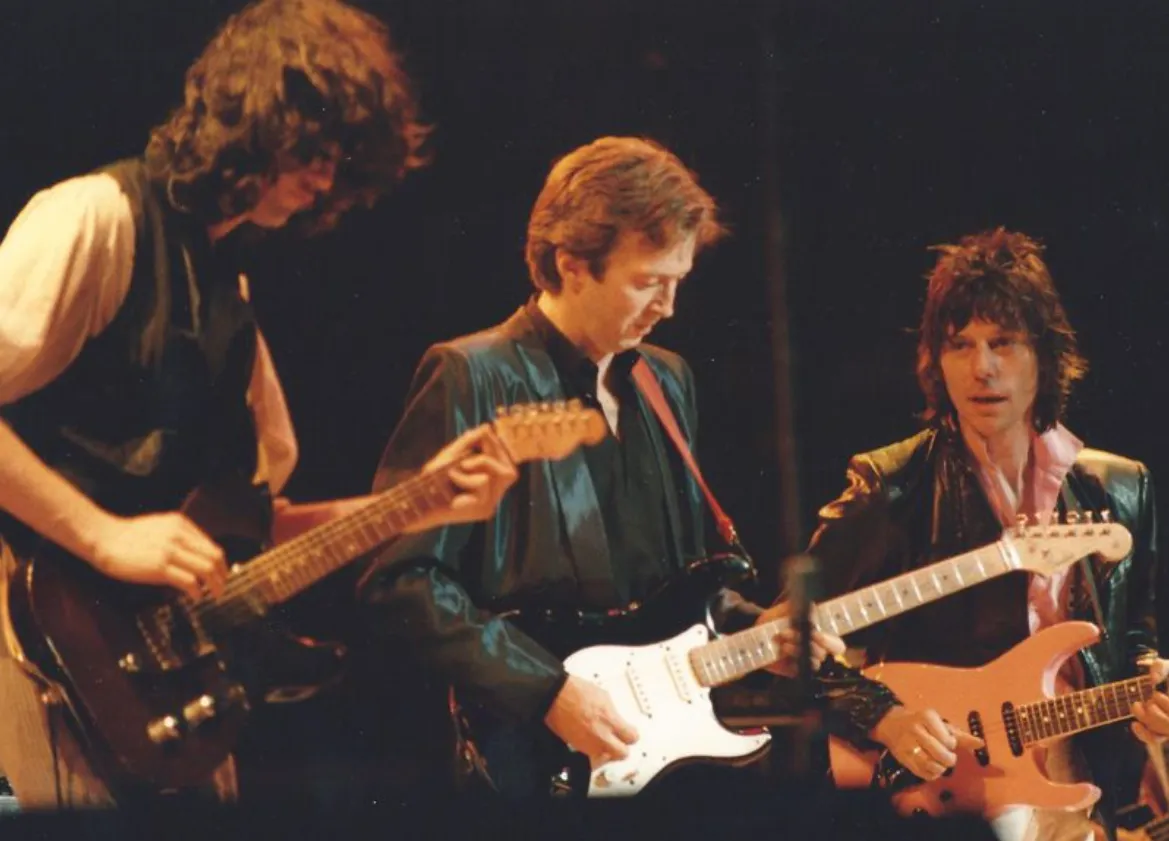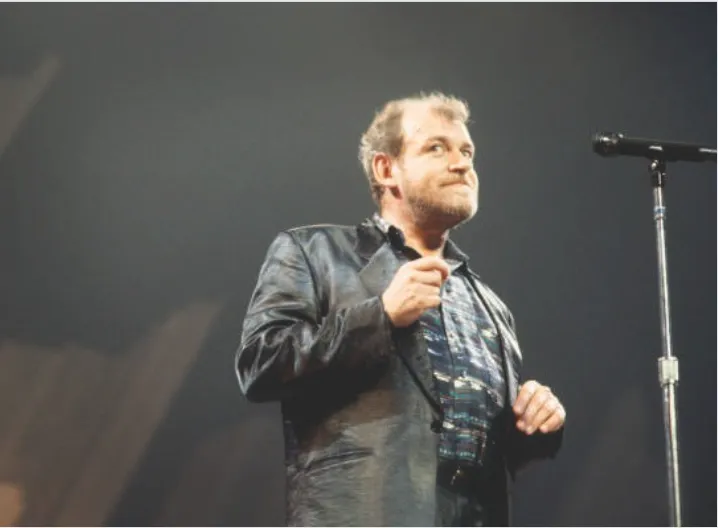Every artist or band is known for some of their most distinguished works, a song or an album that went on to define them. Thus, creating an extraordinary identifiable soundscape is an essential element for the recipe of success. But what then happens to a cover artist? One thing is for sure that we all enjoy good covers of our favourite songs. Sometimes these second-hand versions are the reason we start appreciating certain songs that we previously dismissed. Covers come with their own share of creative intelligence as they require one’s own interpretation of the song. It’s rather a challenge to experiment with an existing and well-known piece of music that could bring a back-lash upon its failure. Still, the idea of capitalising on someone else’s creation is scorned upon to some degree. It would be wrong to state that artists who made up their careers covering songs predominantly do not enjoy success. However, there remains a ‘but’, a small mental obstacle in embracing that success.

John Robert Cocker, lovingly known as Joe Cocker, perhaps was faced with such dilemmas. Growing up, Cocker was greatly influenced by musicians such as Ray Charles, Lonny Donegan and others of that ilk. An eager performer debuting at the age of twelve, Cocker soon formed his own band with his school friends. After leaving school, Cocker’s dreams suffered a setback, as in order to survive in the real world, he had to take up a job as a gas fitter.
However, his passion couldn’t be suppressed for long. In 1961, he promptly formed another group called Vance Arnold and the Avengers and started doing small gigs in various pubs. The name Vance Arnold was influenced by an amalgamation of Elvis Presley’s Jailhouse Rock character and the celebrated country singer Eddie Arnold. The music the group performed were mainly covers of Chuck Berry and Ray Charles’ songs. His effort to make a mark with the Beatles ‘I’ll Cry Instead’ cover from Decca records in 1964 failed miserably and, ultimately, made him far more restless. He yet again formed a new band called the Joe Cocker’s Blues Band after dissolving the former one. This constant cycle of making and breaking up a group can be seen as Cocker’s effort to create something original, something defining.

After a year away from music, he teamed up with Chris Stanton to form The Grease Band in 1966. Typical as before, it didn’t survive. In 1968 Cocker got what he was running after for years, his first commercial breakthrough with the cover song ‘With the Little Help from My Friends’. What followed this success was years of aggressive touring in different countries which Cocker, perhaps predictably, soon got tired of.
Paul McCartney, while talking about the cover after Cocker’s death, said: “He was a lovely northern lad who I loved a lot and, like many people, I loved his singing. I was especially pleased when he decided to cover “With a Little Help from My Friends” and I remember him and (producer) Denny Cordell coming round to the studio in Savile Row (central London) and playing me what they’d recorded and it was just mind-blowing, totally turned the song into a soul anthem and I was forever grateful to him for doing that.”

Throughout the rest of the 1960s, ’70s and early ’80s, Cocker hit the road performing with several bands at several destinations. The fatigue of the forced travels soon took a toll on Cocker’s mental health. By that time, fame had lost its value to Cocker who still yearned for something he could call his own. That moment, however, finally arrived in 1982 when Cocker’s duet ‘Up Where We Belong’ with Jennifer Warnes for a film called An Officer and a Gentleman became an international hit reaching the number one position in the Billboard Hot 100. It also fetched a Grammy Award for Best Pop Performance by a Duo and Academy Award for Best Original Song.
Radiant from the newfound identity, he released a couple of albums in the form of Civilised Man, Cocker, Unchain My Heart and One Night of Sin. Surprisingly all of the albums were warmly received giving Cocker more confidence and satisfaction. There was no looking back after that. The quest that he was on for years was finally complete.
It wasn’t just his music that made an impression. Cocker was famous for his spasmodic movements and playing the air guitar while performing. He remained active till his last days and bagged quite a few prestigious titles like OBE at Buckingham Palace in 2008. After his Paul McCartney and Ringo Starr paid tribute him tribute among many others. Ironically, the song Cocker is most identified with is not an original but his cover of ‘With the Help of My Friends.’



